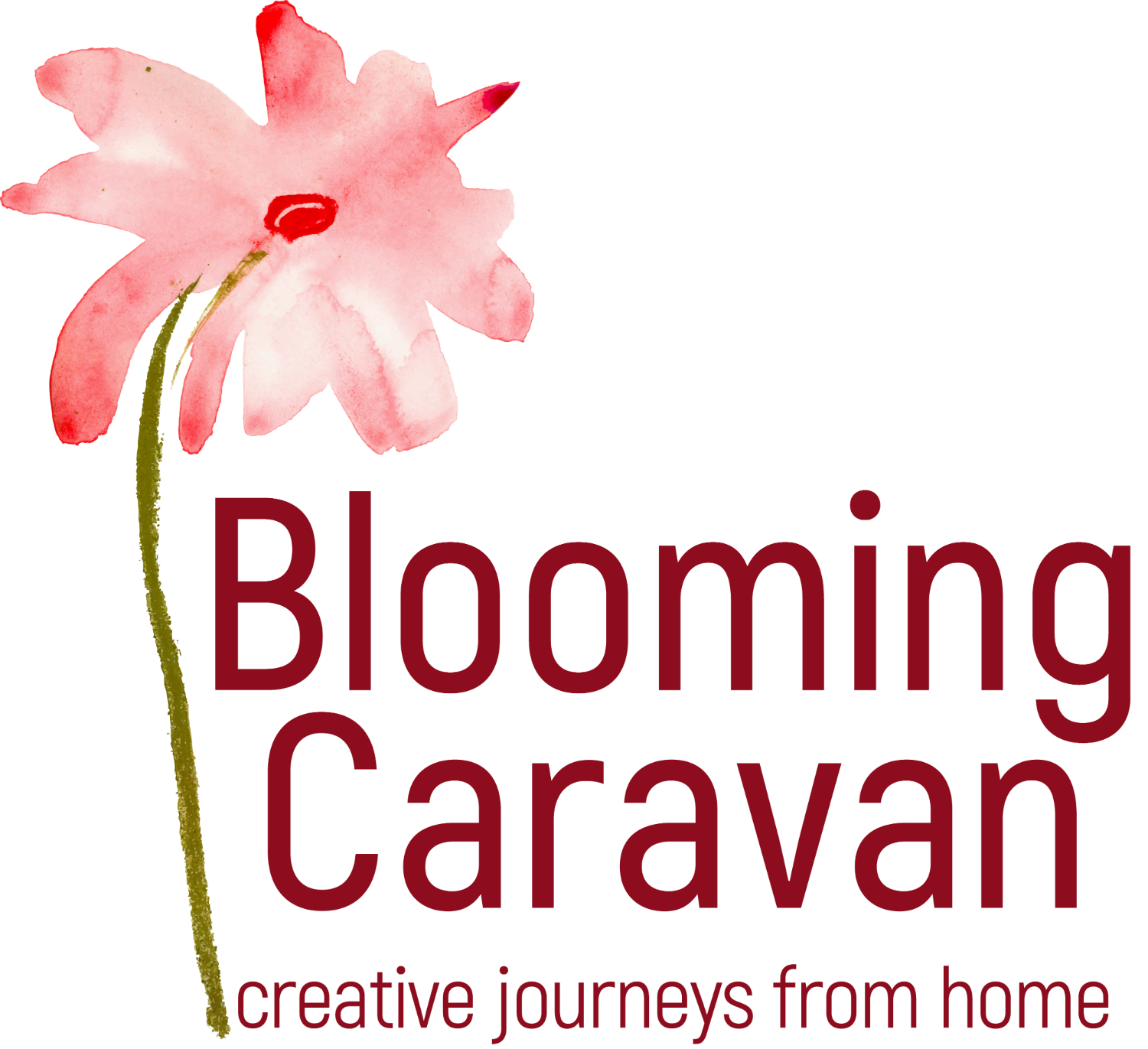Find Previous Session Cards:
Card Sets:
How to use your one-of-a-kind digital nature invitation card:
After visiting the forest bathing studio, your card acts as a gentle reminder to connect with nature using your senses. Follow the prompt in any way that feels right to you, and let your natural surroundings show you the way. You may repeat the invitation throughout the week or tuck the card away to try again at a later time. After collecting a few cards, why not create your own invitation card folder for a little inspiration when you need a dose of nature?
Hope to see you in the Forest Bathing Studio again soon!
Studio Resources For You To Download:
Find our weekly poem/Reading:
December 15th: “Matins” (Morning Prayer) John O’Donohue, To Bless the Space Between Us
December 1st: “Stopping by Woods on a Snowy Evening,” Robert Frost
November 24th: “For the senses,” John O’Donohue, To Bless the Space Between Us: A Book of Blessings
November 17th:
Lecturing on electricity at the Royal Institution, London, in 1858, Faraday said to his audience, “I am no poet, but if you think for yourselves, as I proceed, the facts will form a poem in your mind.”
Letting the facts form a poem in your mind is an exercise in a certain kind of thinking: letting something happen instead of forcing it to happen, and simultaneously letting yourself be enlarged. Letting the facts form a poem in your mind is a way to practice thinking like an ecosystem, thinking like a planet, thinking like a world.
— Robert Bringhurst, “The Mind of the Wild,” Robert Bringhurst and Jan Zwicky, Learning to Die: Wisdom in the Age of Climate Crisis
November 10th: “Kinship,” Ursula K. Le Guin
November 3rd:
For quite a while now, I’ve been pretending. That I was tired. That the light was bad. But my eyes are really getting worse. I’m afraid to go to the doctor because I’m afraid of what he’ll say. Which is silly. Either there is something to be done. Or there is not. If it’s glasses, hallelujah, and help me find the money. If it’s an operation, see me through. If I am going blind, hold me. Help me put down the terror that rises in my gut at the word. Blind. There. I’ve said it. The ghost word that has been haunting me. Help me remember, if I have to walk in the dark, that I have had a lot of years of seeing clean and clear. I know the slender shape of a birch tree. I have seen thousands and thousands of things in my life. I can conjure them in my mind’s eye. No matter what happens, I shall not be without beautiful sights. It is just that I may have to settle for the ones I have already seen.
— Elise Maclay, Green Winter: Celebrations of Old Age
October 27th: I Taught Myself To Live Simply, Anna Akhmatova
October 20: Instructions, Neil Gaiman
October 13: Ode Owed to a Tree, Susan Noyes Anderson
October 6: Song for Autumn, Mary Oliver
September 29, 2021:
The Shape of Silence
Drifting down the river
Of another pink morning
I think about how the empty page
Emits its own particular light,
And were a shadow to fall upon it
That, too, is but another kind of writing.
Imagine reading a novel
Where instead of looking at the words
Your gaze was fixed on the spaces
Between them. When you get to the end,
What would you say of what you saw and felt?
I close the book and look up.
A thin blue line is falling asleep on the horizon
As the breeze reaches the end of its lullaby.
I study what’s left of my reflection in the water.
I see now that your nakedness was never mine.
— Matthew Wong, Matthew Wong: Blue View
September 22, 2021: Poem In October, Dylan Thomas
September 15, 2021: Cloths of Heaven, William Butler Yeats
August 25, 2021: Safety Net, Rosemerry Wahtola Trommer
August 11, 2021: This Is Just To Say, William Carlos Williams
August 4, 2021: On the Day You Were Born, Debra Frasier
July 28, 2021: The Window, Rumi
July 21, 2021: The Tree Is Here, Still, In Pure Stone, Pablo Neruda
July 14, 2021: Forest Bathing Palette, Sasha Duerr, Natural Palettes: Inspirational Plant-Based Color Systems
July 7, 2021: Dear Vaccine—A Global Vaccine Poem
June 30, 2021: “Cloud,” Sandra Cisneros
June 23, 2021: “The Brown Mountain,” Maxine Kumin, Where I Live: New and Selected Poems 1990-2010
June 16, 2021: “The hour is striking so close above me,” Rainer Maria Rilke, The Book of Hours, translated from the German by Anita Barrows and Joanna Macy
June 9, 2021: Front lines / as the crickets’ soft autumn hum, Gary Snyder
June 2, 2021: “Mindful,” Mary Oliver, Why I Wake Early
May 26, 2021: “Dandelion,” Robert Macfarlane, The Lost Words
Enjoy the musical version, “Scatterseed” performed by Kris Drever
May 19, 2021: “In Perpetual Spring,” Amy Gerstler, Bitter Angel
May 12, 2021: “Feeding The Worms,” Danusha Laméris, Bonfire Opera
April 30, 2021: “Anthem,” Leonard Cohen, The Future
April 23, 2021: “Ode,” Mary Germaine, Congratulations, Rhododendrons
April 16, 2021: Afternoon on a Hill, Edna St. Vincent Millay
April 9, 2021 (Open House): “Such Singing in the Wild Branches,” Mary Oliver, Owls and Other Fantasies: Poems and Essays
“To touch the coarse skin of an oak tree with one’s fingers is also, at the same moment, to experience one’s own tactility, to feel oneself touched by the tree. Similarly, to gaze out at a forested hillside is also to feel one’s own visibility, and to feel oneself exposed to that hillside—to feel oneself seen by those trees.”


